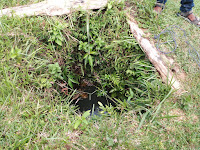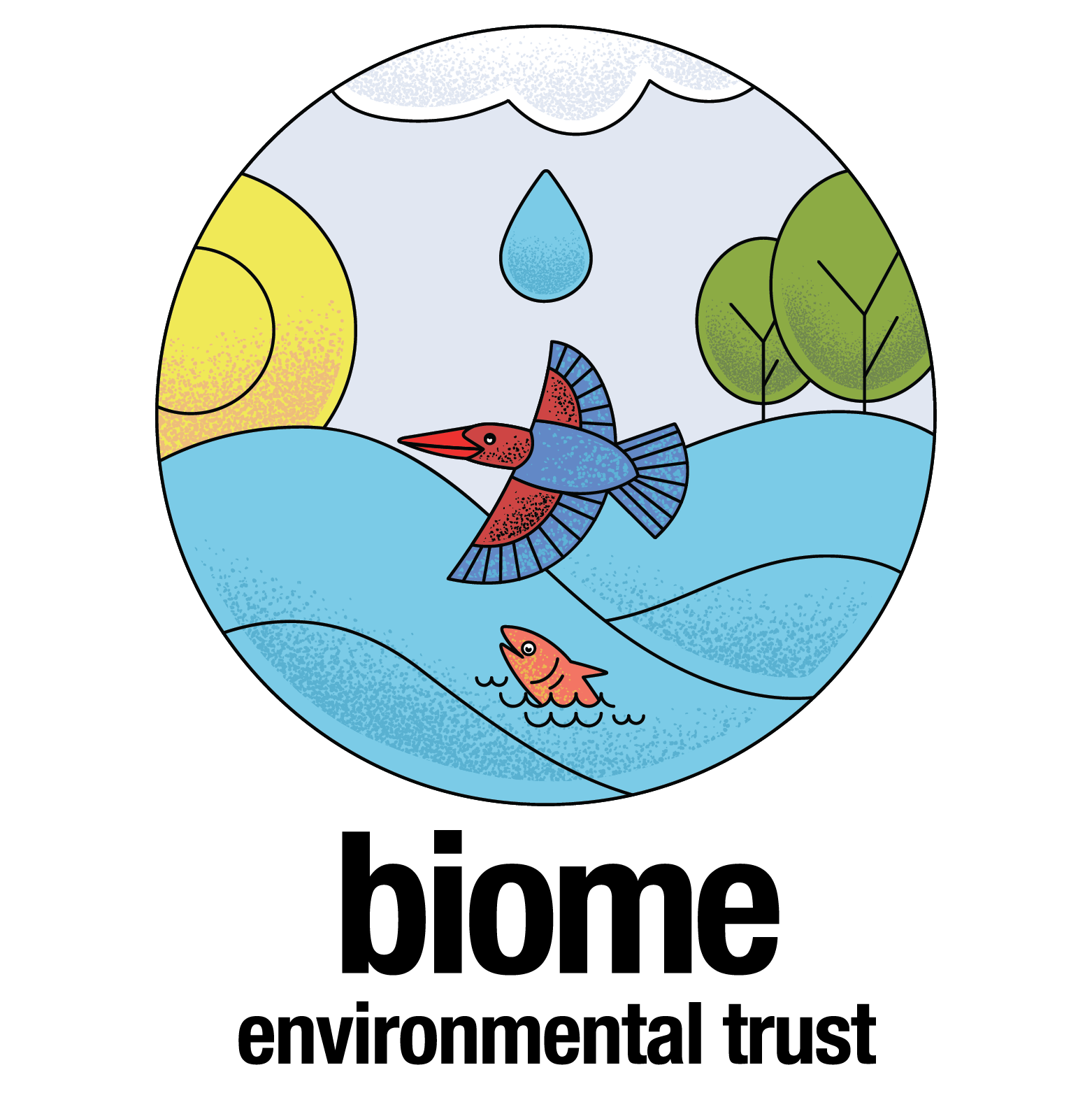initiative had repaired/ reconstructed toilets in 204 schools in six
districts of Tripura. However on a field visit by the Project
Team it was seen that many of the schools were facing acute water
shortage issues due to which the functionality of the toilets was
also affected. Hence a workshop was held on 16th July 2016
to address the following
1. To provide
solutions for making water available for toilets in water scarce
areas
2. To take a step to
achieve the larger goal of providing access to safe sanitation to all
children for better health and hygiene
3. To optimize the
use of rainwater through harvesting initiatives at school level at
low cost techniques (Tripura has 100 days rainfall
annually, about 2200mm)
(Auroville Foundation) and BIOME Environmental Trust (Bangalore)
the BIOME team’s experiences and learning from participating in the
same
 |
| At ARPAN office |
2016 : Was the flight to Agartala and meeting up with the local
organisers – ARPAN Society. ARPAN Society
(http://www.arpansociety.in/)
is made up of a bunch of committed professionals from varied fields
like journalism, medicine, education etc who are on a mission to
create a sustainable society in Tripura. Their energy to work both with citizens as well as government (even after
office hours) as well as desire to make a positive change was quite remarkable
14th July
: Was a trip to 3 government schools in Khowai district to assess RWH feasibility. Some of the
points that stood out were
 |
| Open Well in School |
-
Most schools
were on large plots of land – perhaps an average of about 2-5
acres -
Some of the
smaller schools (fewer kids, also the Junior Basic/primary schools)
had only 12-20 children -
There were
several toilets in the schools (built with some tranches of grant
money – however most toilets were not being used) -
Water was
available in abundance in the schools on the lower contours –
however plumbing did not exist to take the water to the toilet -
For the schools
on top of small hillocks, the teachers had to trek down for about
30-45 minutes to fetch water -
Older girls
seemed to be the only category of kids using toilets. All other kids
seemed to not care much about the toilets -
We met the
District Magistrate of Khowai. He was extremely keen to make a
difference and was interested in getting RWH implemented in the
districtRWH certainly appeared very logical and feasible to implement
 |
| Large rooftop for a 12 student school |
 |
| Sandipa speaks with the kids |
 |
| Water Filters |
 |
| 3 generations of toilets |
 |
| Checking out the venue |
15th July
: Was brainstorming and actually preparing for the workshop. ARPAN,
Earth and Us + BIOME worked with equal intensity to ensure that the
workshop would be useful for all participants. A professor and his
student from IIT Guwahati also joined us. They would be sharing their
experiences from Assam. The BIOME presentation is here. Thanks to Min from Earth Ad Us the planning was very meticulous. All efforts were taken that this would be “zero waste”/”no frills” workshop – to the extent possible
: The full day workshop. Here are a few news articles that cover the
event. By the end of the workshop the administration actually agreed
to try out RWH in a couple of schools. It was attended by the Education Minster of Tripura, SSA director + headmasters and school inspectors
 |
| Education Minister |
 |
| Workshop Prep |
| BIOME presents |
| Audience |
17th July
: A visit to the Bangladesh border + to the local landfill. Tripura
is surrounded by Bangladesh on 3 sides and almost 850+km of the
border is fenced. The stories of peaceful migrations were also quite
heartwarming. The Hindus and Muslims in certain cases had just walked
across the border and peacefully exchanged properties.
landfill are slowly increasing. The usual “urban” problems of segregation and
waste processing are quitely catching up with this otherwise rather small and peaceful city
Bangalore
 |
| Bangladesh border |
 |
| Agartala Landfill |
